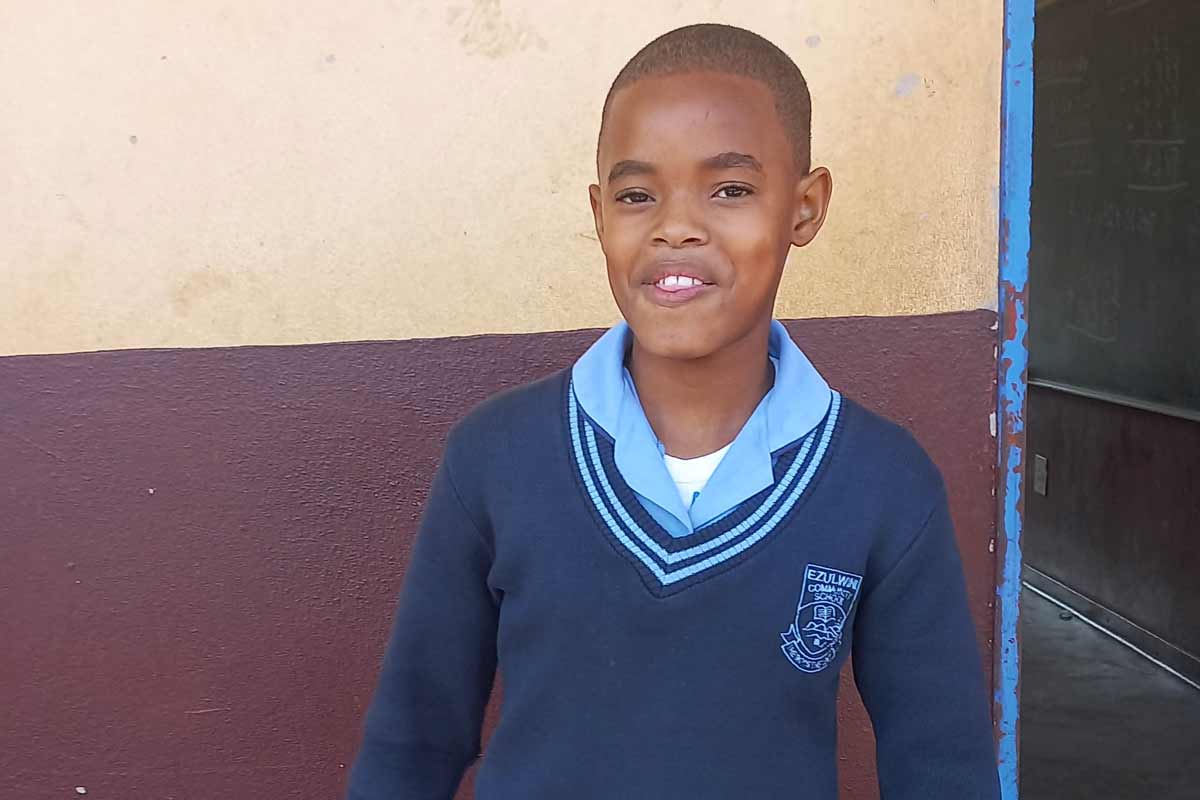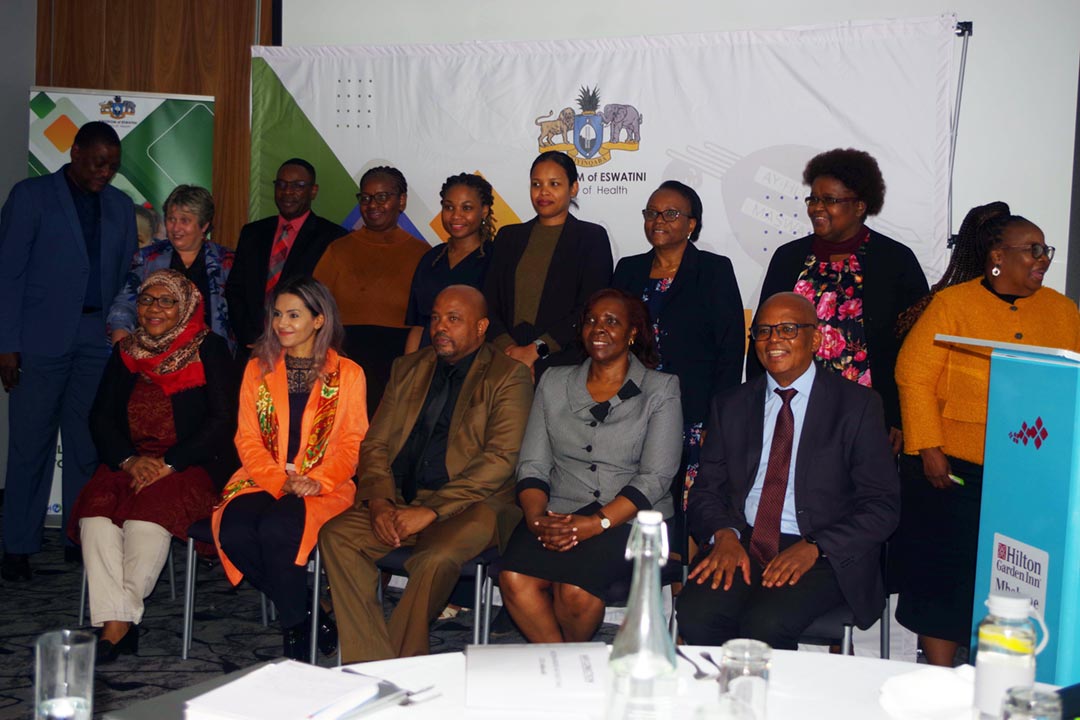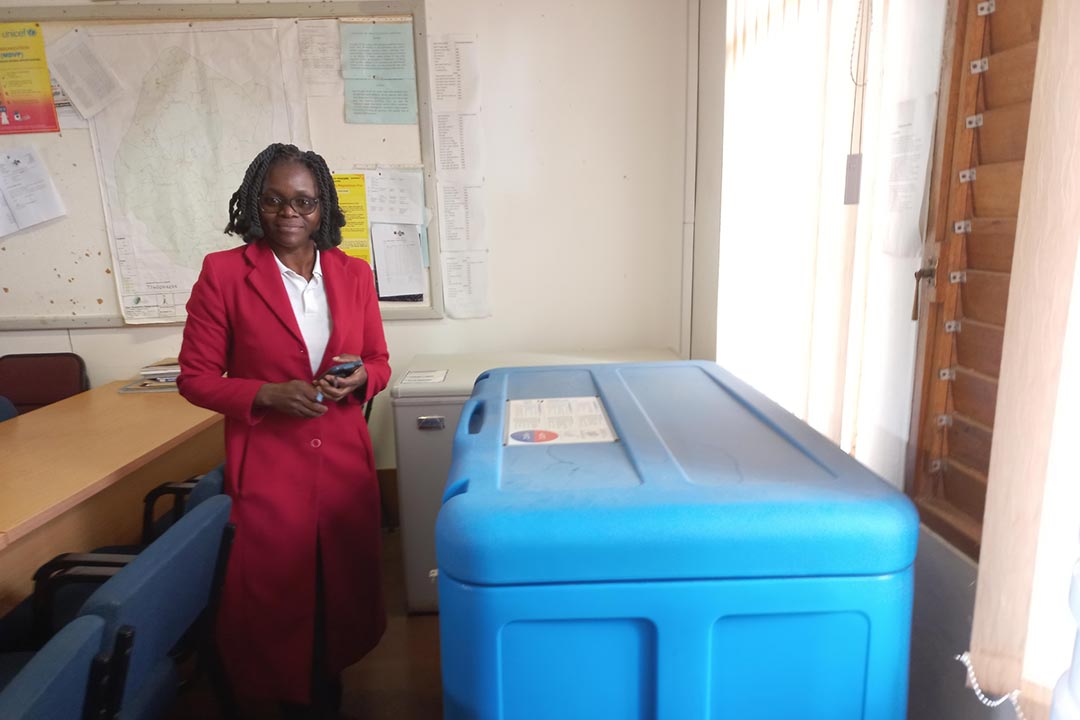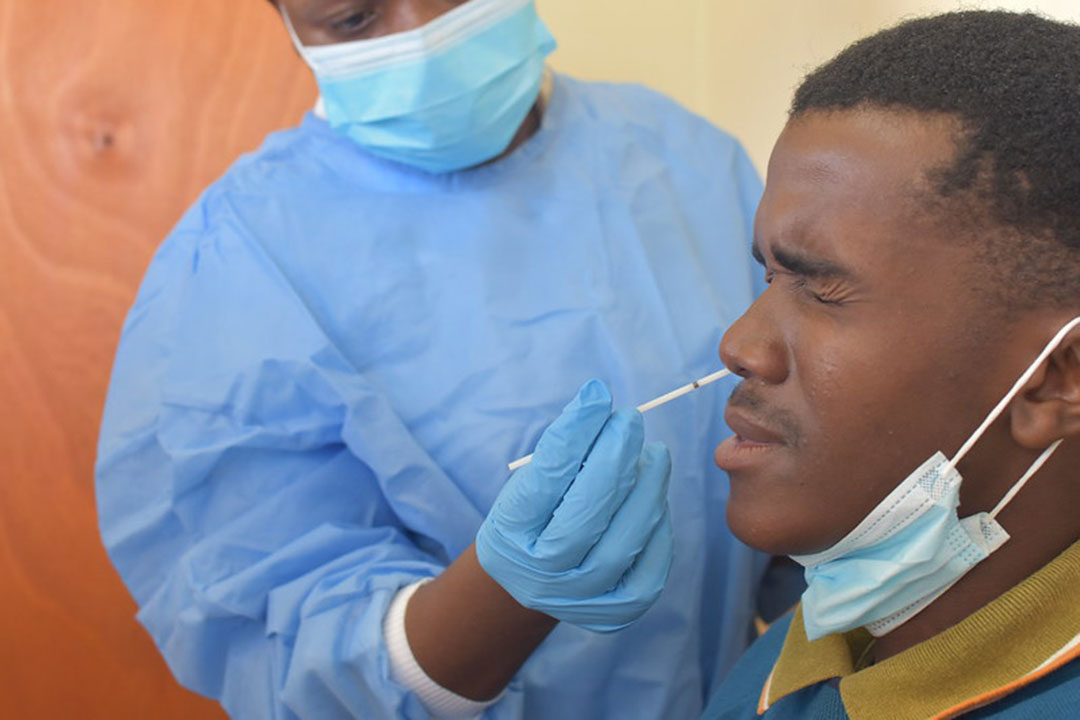Vaccines save Eswatini’s education system
The delivery of COVID-19 vaccines has brought hope for the country’s education system.
- 18 October 2021
- 3 min read
- by Nonduduzo Kunene
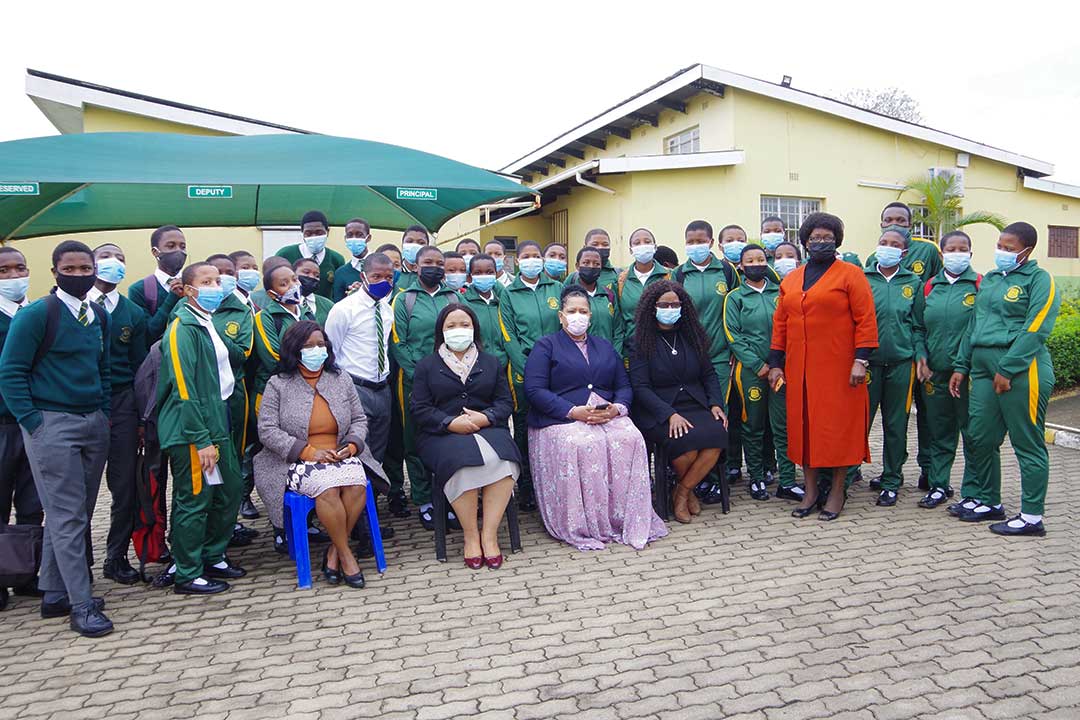
When the COVID-19 pandemic hit Eswatini in March 2020, the government announced an indefinite closure of schools. Online learning was introduced but, in a country where almost 70% of the population lives below the poverty line, this new way of learning was inaccessible to most learners.
“I thought I would never be able to return to school full-time. The infection rate was increasing on a daily basis and lockdowns and restrictions were the order of the year,” says 18-year-old Tibusile Vermaak from Manzini Central High School.
“Very soon the country should vaccinate 70% of the population. This means that even in the national space, and not just in schools, life will soon return to normal.”
As Eswatini started receiving vaccines through COVAX, Eswatini’s education sector began to open up. The country launched a teacher’s vaccination drive following the drive to vaccinate health workers.
“After seeing my teachers queuing to get their jab, my future felt brighter with the possibility of schools opening fully but I was worried about us as learners,” Tibusile says.
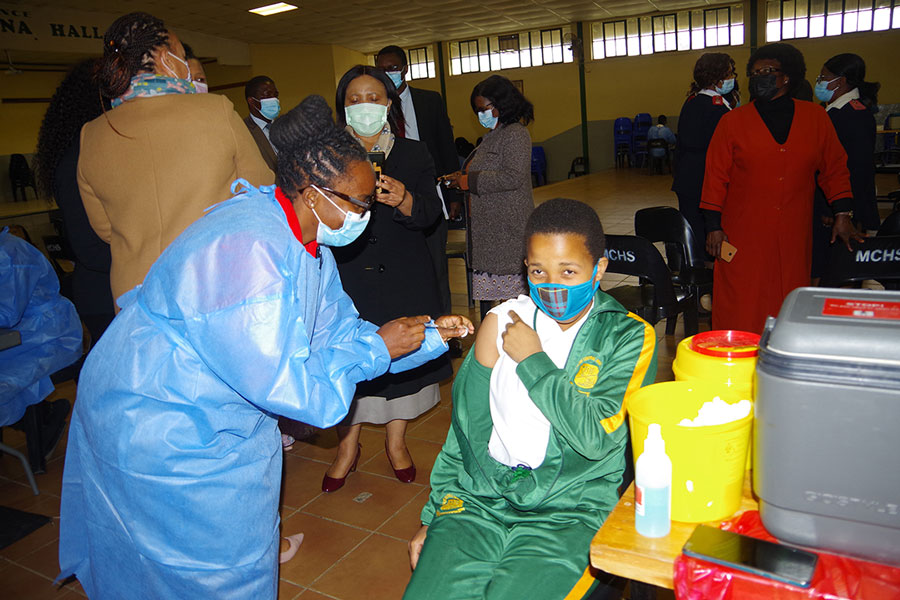
Credit: Nonduduzo Kunene
“I jumped for joy when the Minister of Health, Lizzie Nkosi, announced that vaccination was now open to everyone above the age of 18 and that everyone above 12 will soon be eligible to vaccinate,” adds Tibusile.
Have you read?
Shortly after the announcement, Manzini Central High School was the first school in the country to allow the vaccination of pupils and encouraged learners aged 18 and above to receive the COVID-19 vaccine as soon as possible.
During the vaccination exercise, Minister Nkosi and the Minister of Education and Training, Lady Howard Mabuza, together with officials from their ministries, were present to launch and encourage pupils to take the vaccination.

Credit: Nonduduzo Kunene
Tibusile Vermark, in her final year of high school, is the country’s first pupil to publicly take the jab. “I decided to take the vaccine because I know I stand a better chance at surviving should I get infected with the virus,” she says.
Apart from the opening of school, she says that she was motivated by the fact that she had seen a lot of people who had been infected by COVID-19: some of them succumbed to the virus.
“I cannot afford not to sit for my external exams as this is an essential time in my school life. Getting the vaccine is the best choice for me now.” she says.
“Vaccination among pupils means schools can get back to normal, including the resumption of various sporting activities,” says Minister of Education and Training, Lady Howard Mabuza.
“The COVID-19 spread shall be contained and schools will no longer be hotspots for the virus. This will mean disruptions in the teaching and learning process will be greatly reduced. Very soon the country should vaccinate 70% of the population. This means that even in the national space, and not just in schools, life will soon return to normal.”
